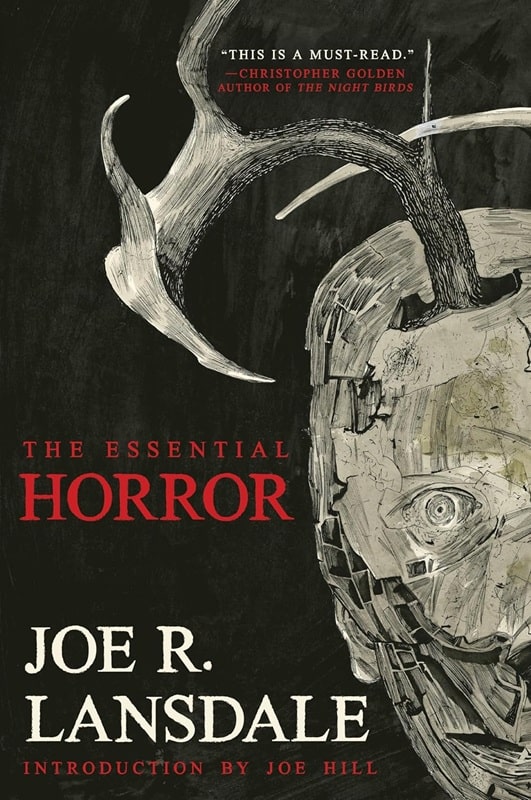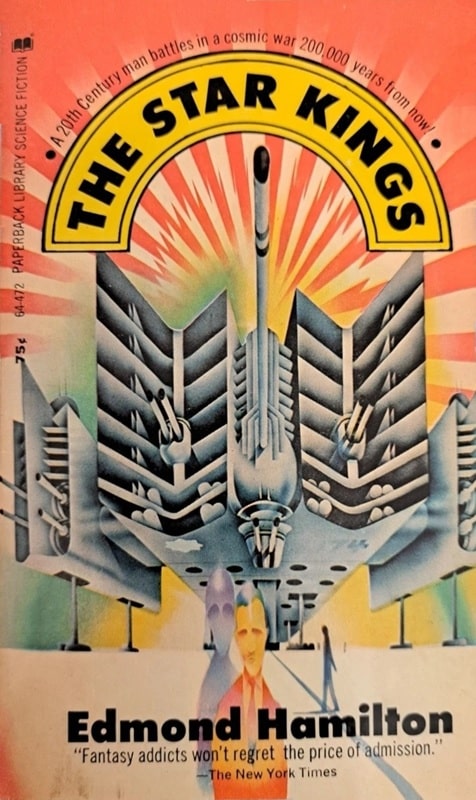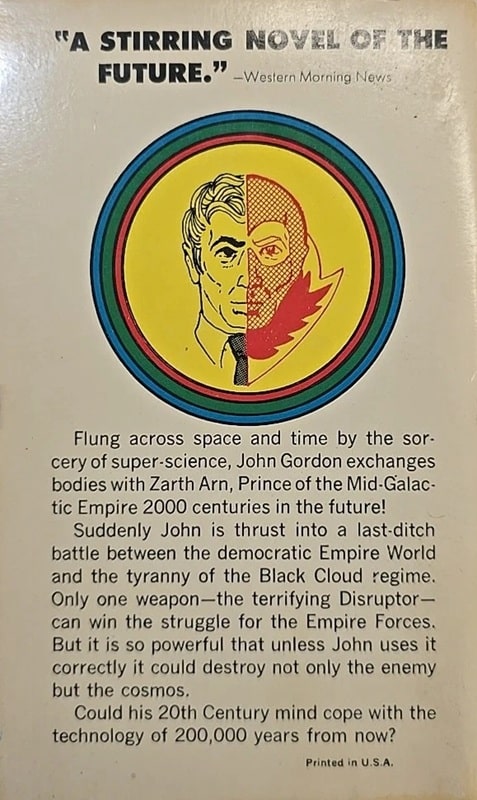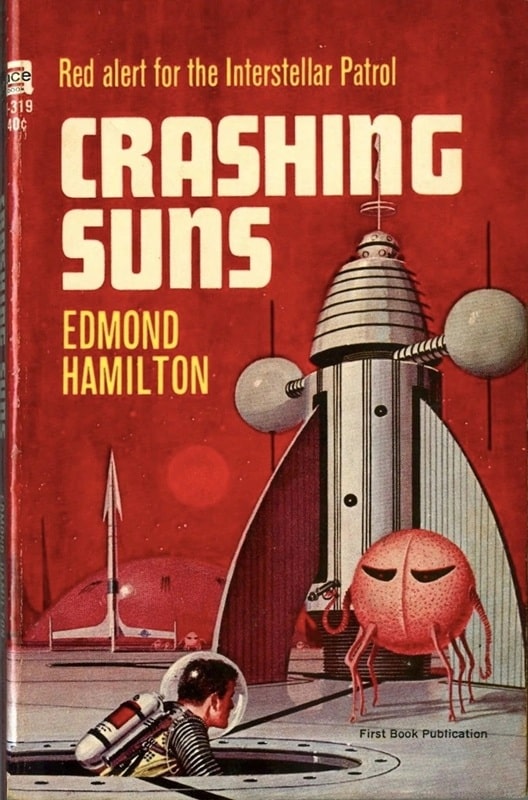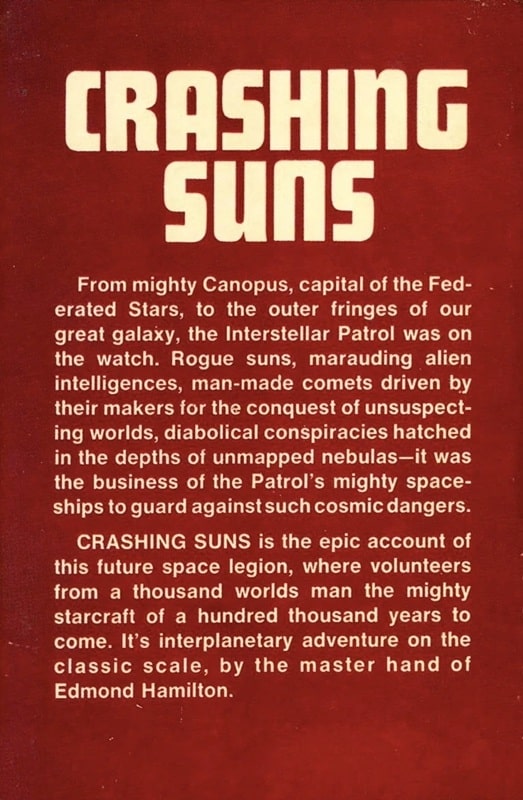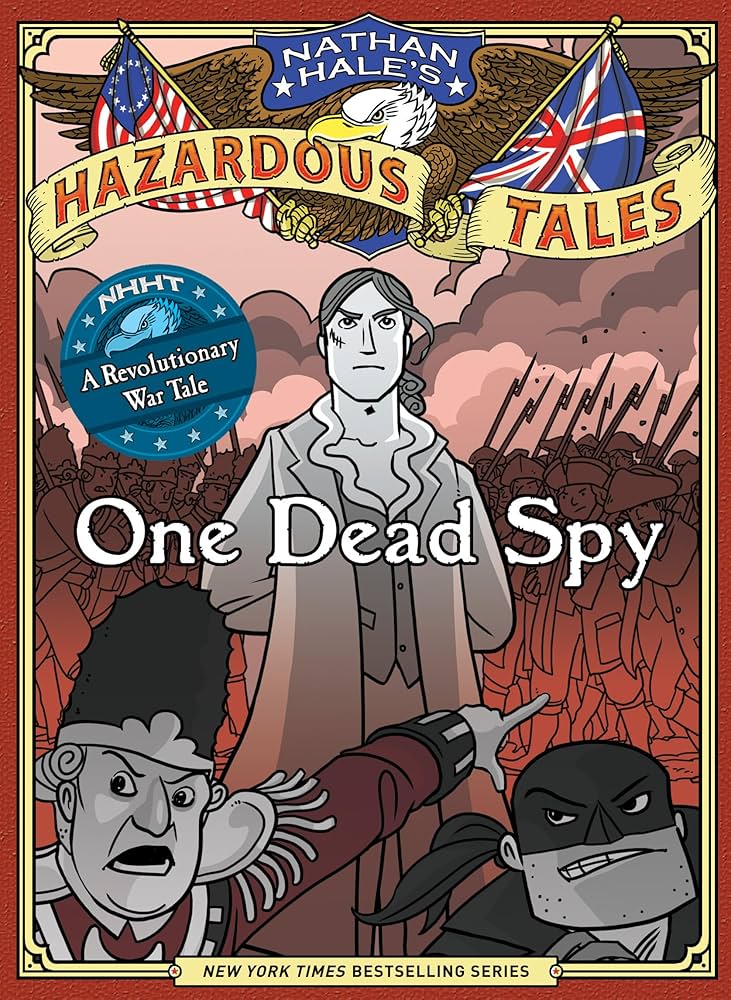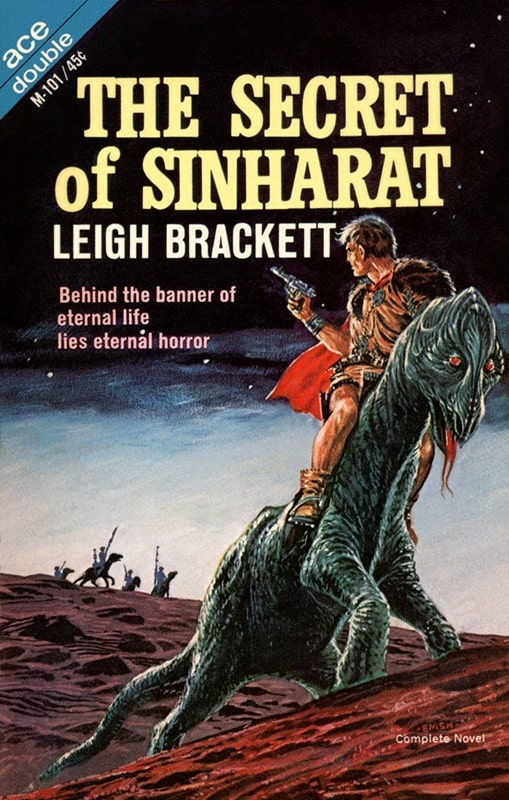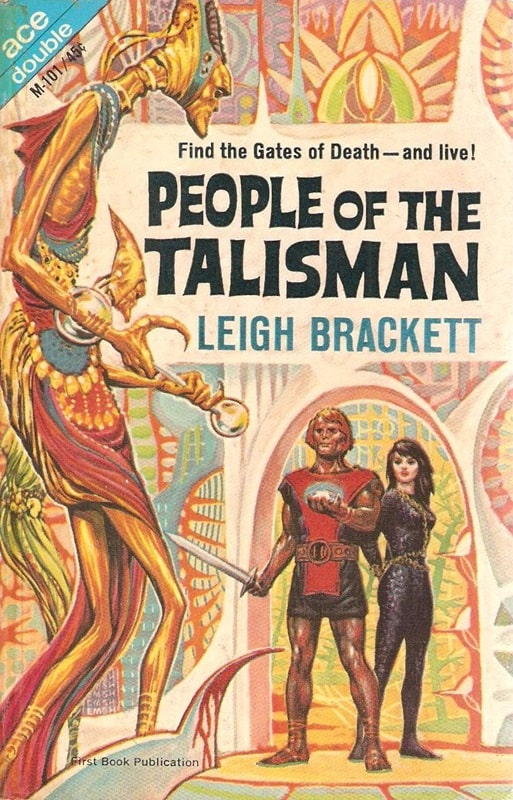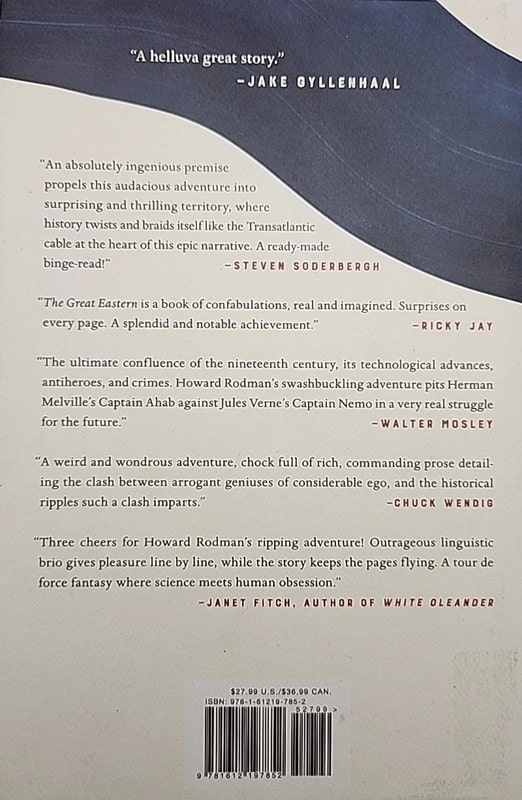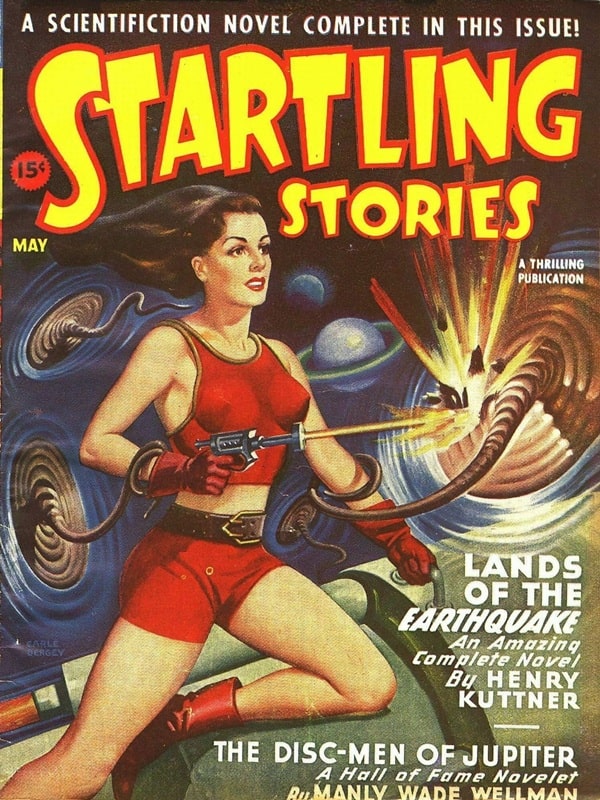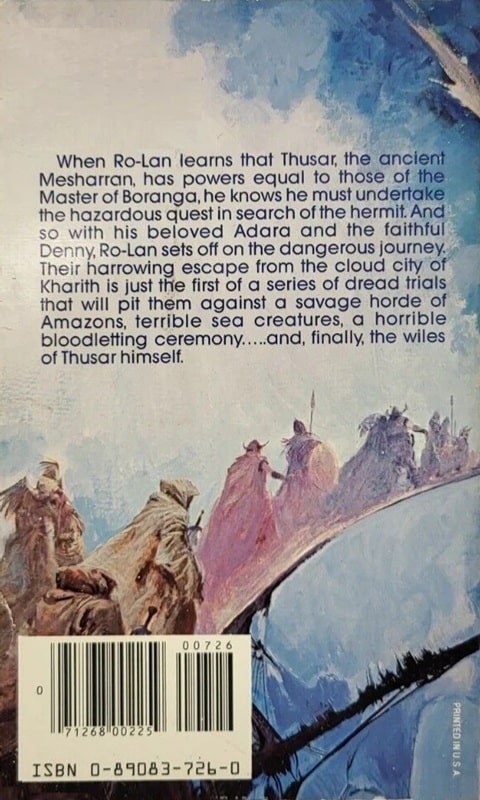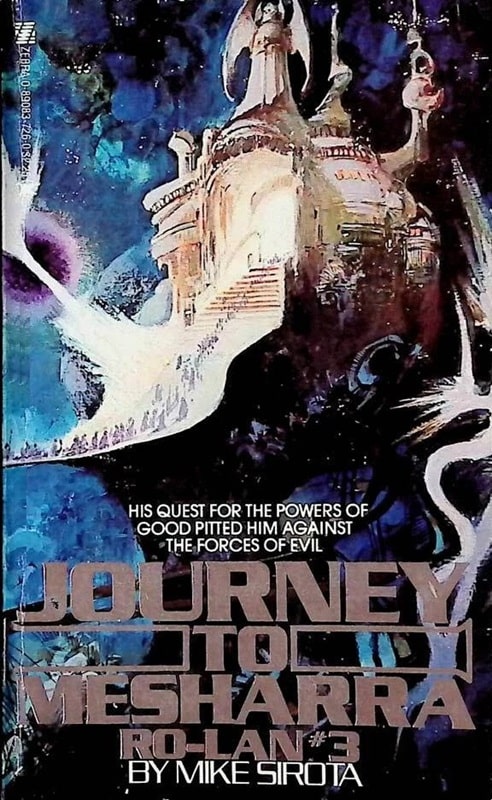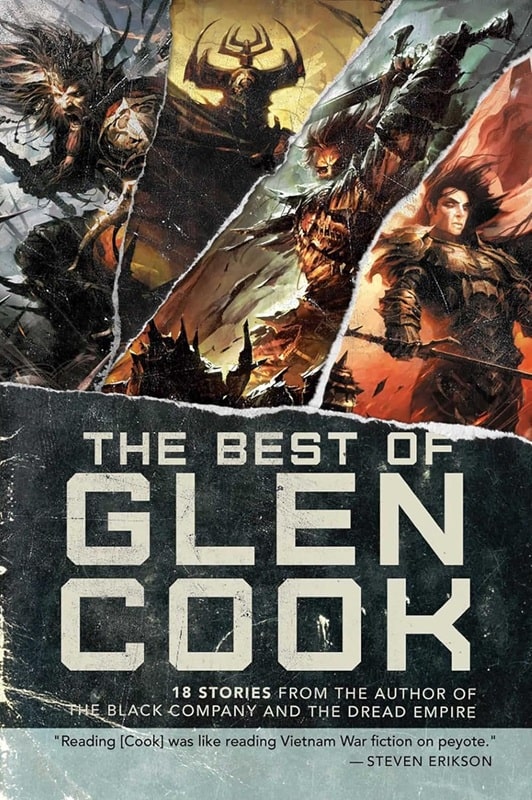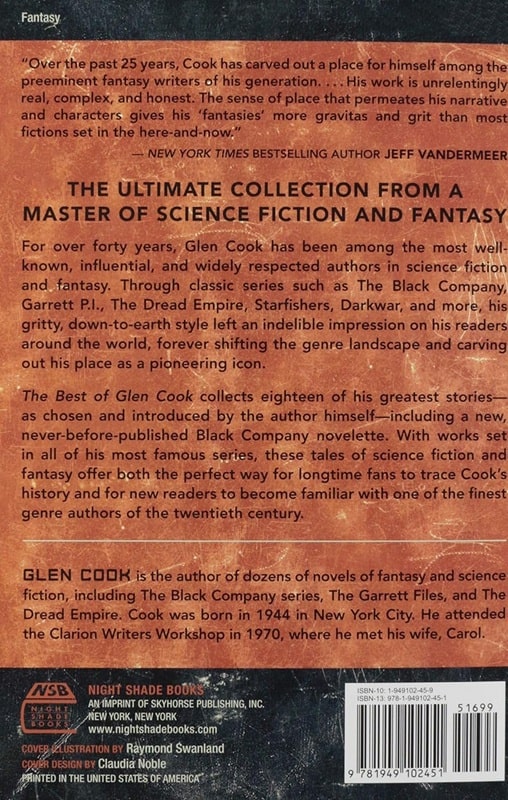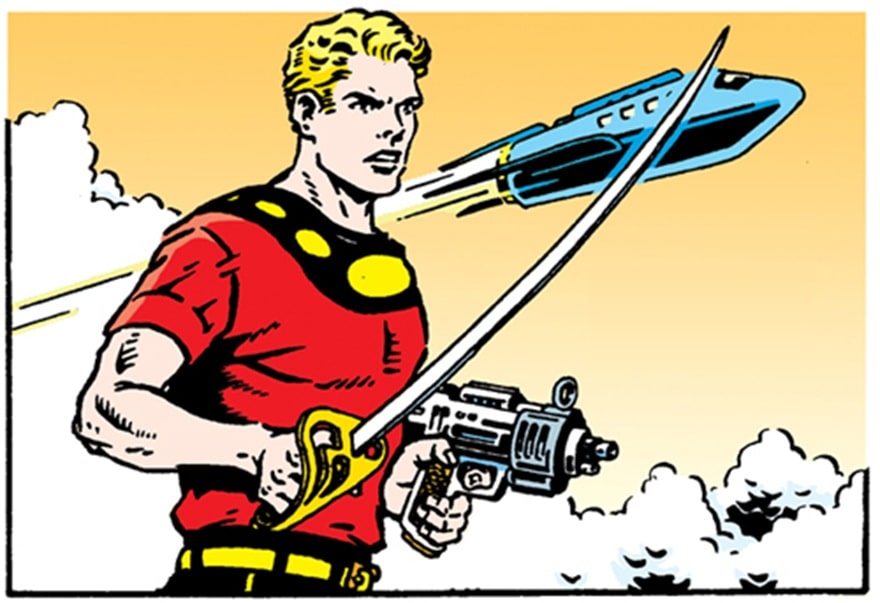
Flash Gordon is sometimes labeled Sword & Planet fiction. It meets quite a few of the characteristics. It has an Earthman, Flash, ending up on a strange world where he engages in battles with strange monsters and weird humanoid aliens, including winged men, bird riders, lion men, and others. However, it fails the S&P test on one major feature, the primary weapon used. When Flash is first challenged, if at all possible, he reaches for a ray gun rather than a sword.
John Carter, Dray Prescot, Jandar of Callisto, and Ruenn Maclang of Talera reach for a sword. For this reason, since “sword” is the very first word in Sword & Planet, I tend to classify the Flash Gordon stories as Space Opera and put them in a category of S&P adjacent. It’s a matter of taste, of course. I tend to be a splitter rather than a lumper, which means I tend to separate genres along narrower lines than some other folks. The images I’ve posted today, downloaded as public domain or as stills from the movie, illustrate this feature of the Flash stories.
…
Read More Read More
